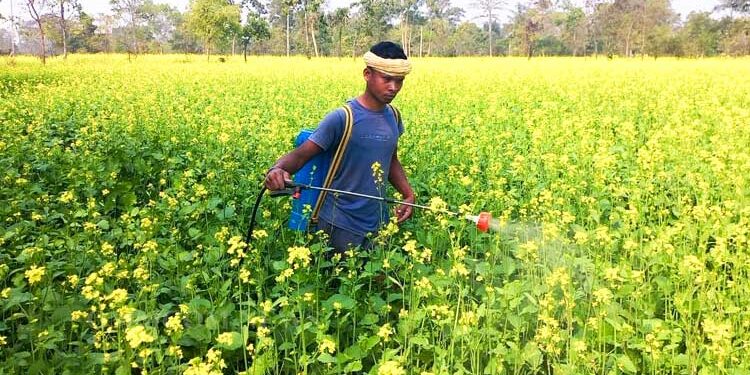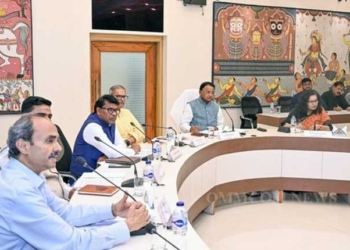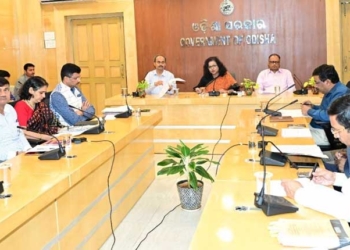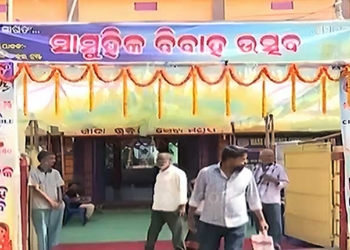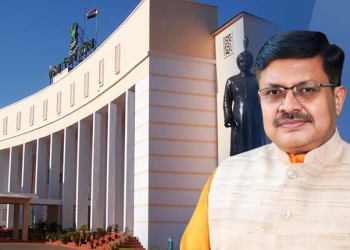Bhubaneswar: Deputy Chief Minister-cum-Agriculture & Farmers’ Empowerment Minister Kanak Vardhan Singh Deo on Wednesday officially launched the findings of an evaluation of the Department of Agriculture and Farmers’ Empowerment’s Comprehensive Rice Fallow Management (CRFM) program in Krushi Bhavan.
While launching Singh Deo said, “Odisha is committed towards a data-driven inclusive agricultural transformation pathway. Evaluations of this stature help the department informed to take decisions that strengthen rural livelihoods and support our farmers”. The study was conducted by the International Food Policy Research Institute (IFPRI).
The CRFM program aims to promote the cultivation of pulses and oilseeds on post-monsoon (Rabi season) rice fallow lands across the state. The evaluation, based on a combination of satellite remote sensing data, administrative data, and rigorous impact evaluation techniques which offers early insights into patterns of land use, crop productivity, and the inclusion of smallholders and marginalized communities.
The CRFM program, currently operational across all 30 districts of Odisha, has focused on improving the use of fallow lands – estimated at 1.6 million hectares statewide – by encouraging second season cropping by leveraging the available moisture window of the post rice cultivation.
Dr. Arabinda Kumar Padhee, Principal Secretary, Agriculture and Farmers’ Empowerment Department said that “This study reaffirms the value of integrating evidence based information and rationality into policy. Collaborations with research institutions like IFPRI provides us evidence to refine our programs and align them with the needs of our farmers and the state’s broader development goals.” The evaluation draws attention to early yield improvements in crops such as Bengal gram, mustard, and lentils in targeted areas, while also emphasizing the importance of tailoring strategies to district-specific agro-ecological conditions.
By leveraging geospatial tools and digital platforms like the Krushak Odisha and ADAPT portals, the program is enhancing its ability to monitor outcomes and better reach towards intended beneficiaries.
This launch builds on the ongoing partnership between the Government of Odisha and IFPRI, grounded in a shared commitment to supporting the inclusive agricultural transformation through evidence-based research and policy engagement.




